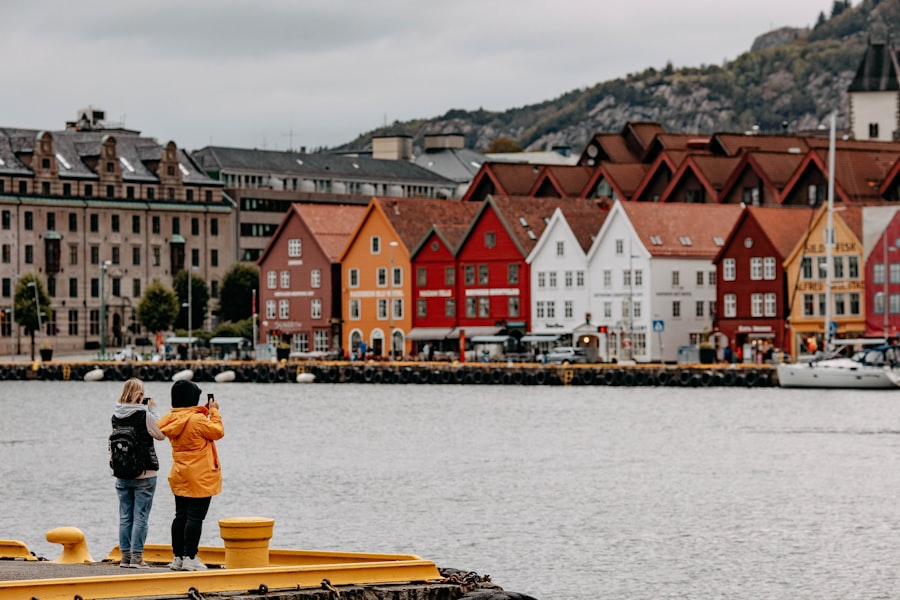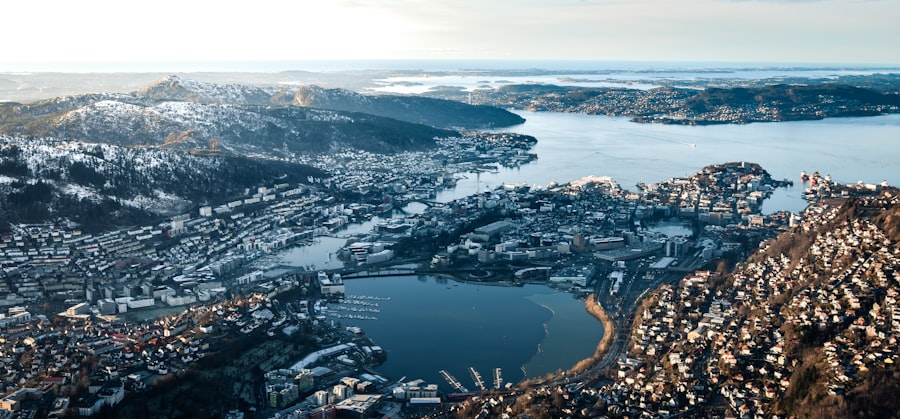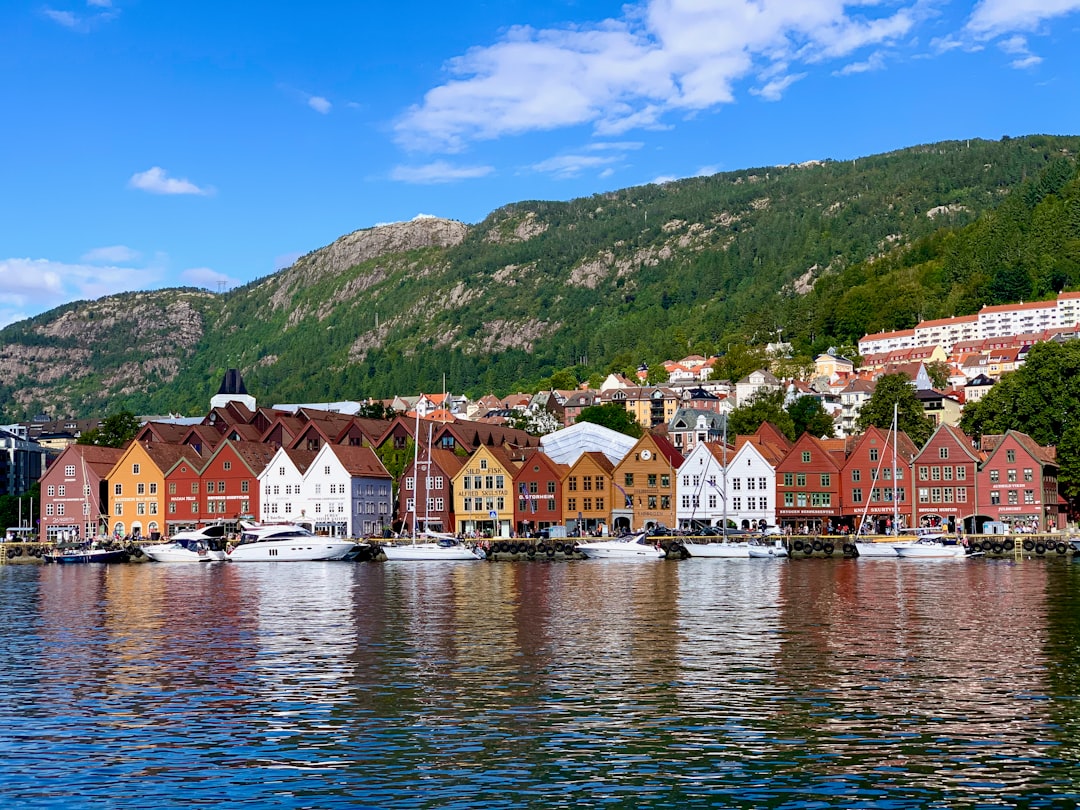Arbeidernes Dag, or Labour Day, has a rich and storied history in Norway, tracing its roots back to the late 19th century. The origins of this significant day can be linked to the broader international labour movement, which sought to improve working conditions and advocate for workers’ rights. The first Labour Day was celebrated on May 1st, 1886, in the United States, where workers rallied for an eight-hour workday.
This movement quickly gained traction across the globe, including in Norway, where the first official celebration took place in 1890. The day was marked by demonstrations and gatherings that aimed to raise awareness about the plight of workers and to push for legislative reforms. As the years progressed, Arbeidernes Dag became a platform for various political ideologies, particularly socialism and communism, which sought to empower the working class.
In Norway, the day was embraced by trade unions and leftist political parties, who used it as an opportunity to voice their demands for better wages, improved working conditions, and social justice. The early celebrations were often met with resistance from authorities, but the determination of the workers and their supporters ensured that the day would become a permanent fixture in the Norwegian calendar. Your journey to a smooth relocation starts here. Talk one-on-one with a Norway Relocation specialist and turn your plan into a reality.
Summary
- Arbeidernes Dag in Norway has its roots in the late 19th century when workers fought for better working conditions and rights.
- May 1st holds great significance in the Norwegian Labour Movement as it commemorates the struggles and achievements of the working class.
- Labour Day parades in Norway serve as a symbol of solidarity and unity among workers, showcasing their strength and determination.
- Traditional Labour Day symbols and icons in Norway include red flags, banners, and the use of the colour red to represent the labour movement.
- Norwegians celebrate Arbeidernes Dag with festivities such as concerts, picnics, and cultural events, as well as customs like wearing red clothing and attending speeches and commemorative events.
The Significance of May 1st in Norwegian Labour Movement
May 1st holds profound significance within the Norwegian labour movement, serving as a day of reflection, celebration, and activism. It is a time when workers come together to honour the struggles and achievements of those who fought for their rights. The day is not merely a public holiday; it is a powerful reminder of the ongoing fight for social justice and equality in the workplace.
For many Norwegians, Arbeidernes Dag represents a collective identity rooted in solidarity and mutual support among workers. The significance of this day extends beyond national borders, as it is celebrated in various forms around the world. In Norway, it serves as a unifying force that brings together individuals from diverse backgrounds and professions.
The day is marked by speeches from prominent political figures and union leaders who highlight current issues facing workers, such as wage disparities and job security. This emphasis on solidarity reinforces the idea that the labour movement is not just about individual rights but about collective progress for all.
Labour Day Parades: A Symbol of Solidarity and Unity

One of the most iconic aspects of Arbeidernes Dag in Norway is the vibrant parades that take place across the country. These parades are not only a celebration of workers’ rights but also a powerful symbol of solidarity and unity among diverse groups. Participants often carry banners and placards that express their demands and aspirations, creating a visual representation of the collective voice of the working class.
The atmosphere is filled with enthusiasm and camaraderie as people from all walks of life come together to march for a common cause. The parades are typically organised by trade unions and political parties, who play a crucial role in mobilising participants and coordinating events. In major cities like Oslo, Bergen, and Trondheim, thousands gather to participate in these demonstrations, showcasing their commitment to social justice and workers’ rights.
The sense of community fostered during these parades is palpable, as individuals chant slogans and sing songs that have become synonymous with the labour movement. This display of unity serves as a reminder that despite differences in profession or ideology, there is strength in coming together for a shared purpose.
Traditional Labour Day Symbols and Icons in Norway
Throughout its history, Arbeidernes Dag has been associated with various symbols and icons that represent the values of the labour movement. One of the most recognisable symbols is the red flag, which has become synonymous with socialism and workers’ rights. The colour red signifies both the blood shed by workers in their struggle for rights and the passion that drives their fight for justice.
During Labour Day celebrations, it is common to see participants waving red flags as they march through the streets. Another important symbol is the hammer and sickle, which represents the unity between industrial workers and agricultural labourers. This emblem has historical ties to communist movements but has also been embraced by various leftist groups in Norway.
Additionally, many participants wear badges or clothing adorned with slogans advocating for workers’ rights or promoting social justice causes. These symbols serve not only as expressions of identity but also as powerful reminders of the ongoing struggle for equality in the workplace.
How Norwegians Celebrate Arbeidernes Dag: Festivities and Customs
In Norway, Arbeidernes Dag is celebrated with a variety of festivities and customs that reflect both tradition and contemporary practices. The day typically begins with early morning gatherings where participants enjoy breakfast together before heading out to join parades. Many cities host family-friendly events that include live music, food stalls, and activities for children, creating an inclusive atmosphere that encourages participation from all age groups.
As part of the celebrations, speeches are delivered by union leaders and political figures who address current issues affecting workers. These speeches often highlight achievements made over the years while also calling attention to ongoing challenges that need to be addressed. In addition to formal speeches, there are often cultural performances that showcase Norwegian heritage through music and dance.
This blend of tradition and modernity makes Arbeidernes Dag a unique celebration that resonates with both older generations who remember past struggles and younger generations who are eager to continue the fight for workers’ rights.
Labour Day Speeches and Commemorative Events in Norway

Labour Day speeches play a central role in Norway’s celebrations of Arbeidernes Dag, providing a platform for leaders to articulate their vision for the future of workers’ rights. These speeches are often passionate and inspiring, addressing both historical achievements and contemporary challenges faced by workers today. Prominent figures from trade unions, political parties, and civil society organisations take turns speaking at various events across the country, ensuring that diverse voices are heard.
Commemorative events are also an integral part of Labour Day celebrations in Norway. Many communities organise moments of silence or memorials to honour those who have lost their lives while fighting for workers’ rights or due to unsafe working conditions. These solemn observances serve as poignant reminders of the sacrifices made by previous generations and reinforce the importance of continuing the fight for safe and equitable workplaces.
The Role of Trade Unions in Labour Day Celebrations
Trade unions play a pivotal role in shaping Labour Day celebrations in Norway, acting as both organisers and advocates for workers’ rights. They are instrumental in mobilising participants for parades and events while also providing resources and support for those who wish to engage in activism. Unions often collaborate with political parties to ensure that their messages align with broader goals related to social justice and economic equality.
In addition to organising events, trade unions use Labour Day as an opportunity to educate members about their rights and responsibilities within the workplace. Workshops and informational sessions are often held during this time to empower workers with knowledge about labour laws, collective bargaining agreements, and workplace safety regulations. This focus on education underscores the unions’ commitment to not only celebrating achievements but also equipping workers with the tools they need to advocate for themselves effectively.
The Evolution of Labour Day Traditions in Norway
Over the years, Labour Day traditions in Norway have evolved significantly while still retaining their core values of solidarity and activism. Initially focused on political demonstrations advocating for specific reforms, Arbeidernes Dag has transformed into a more inclusive celebration that encompasses various aspects of Norwegian culture. Today’s festivities often include family-oriented activities alongside traditional political speeches, reflecting a broader understanding of what it means to celebrate workers’ rights.
The evolution of these traditions can also be seen in how different generations engage with Labour Day celebrations. Younger Norwegians are increasingly using social media platforms to share their experiences and advocate for causes they believe in, creating new avenues for activism that were not available to previous generations. This blending of traditional practices with modern technology ensures that Arbeidernes Dag remains relevant in today’s society while honouring its historical roots.
Labour Day in the Modern Context: Current Challenges and Celebrations
In today’s rapidly changing world, Labour Day continues to be an essential occasion for reflecting on current challenges facing workers in Norway and beyond. Issues such as job security in an increasingly gig-based economy, wage stagnation, and workplace discrimination remain at the forefront of discussions during Labour Day celebrations. As such, speeches often address these pressing concerns while calling for renewed commitment to social justice initiatives.
Despite these challenges, Norwegians remain steadfast in their commitment to celebrating Arbeidernes Dag as a day of hope and resilience. The spirit of solidarity is palpable during parades and events as individuals come together to advocate for change while also celebrating their achievements over time. This dual focus on reflection and celebration ensures that Labour Day remains a vital part of Norway’s cultural landscape.
The Global Impact of Arbeidernes Dag: International Solidarity and Cooperation
The significance of Arbeidernes Dag extends far beyond Norway’s borders; it is part of a global movement advocating for workers’ rights across nations. Internationally recognised on May 1st, Labour Day serves as a reminder that struggles faced by workers are often interconnected regardless of geographical location. This shared experience fosters a sense of solidarity among labour movements worldwide.
Norwegian trade unions actively participate in international coalitions aimed at promoting workers’ rights globally. By collaborating with organisations from other countries, they contribute to efforts advocating for fair wages, safe working conditions, and social justice initiatives on an international scale. This commitment to global solidarity reinforces the idea that while local struggles may differ, there is strength in unity among workers worldwide.
How to Participate in Labour Day Celebrations in Norway
For those looking to participate in Labour Day celebrations in Norway, there are numerous ways to get involved regardless of background or experience level. Attending local parades is one of the most accessible ways to join in on the festivities; many cities host events that welcome everyone from families with children to seasoned activists eager to make their voices heard. Additionally, individuals can engage with local trade unions or community organisations that organise events related to Arbeidernes Dag.
Volunteering at these events or simply attending workshops can provide valuable insights into current issues facing workers while fostering connections within local communities. For newcomers or expatriates considering relocation to Norway, engaging with organisations like the Norway Relocation Group can provide essential support during this transition period. As part of settling into life in Norway, learning about cultural traditions such as Arbeidernes Dag can enhance one’s understanding of Norwegian society while fostering connections with locals who share similar values regarding social justice and equality.
For those interested in deepening their knowledge further through language acquisition or cultural immersion experiences after relocating, consider enrolling in Norwegian courses at NLS Norwegian Language School located in Oslo. These courses offer tailored instruction designed not only to teach language skills but also provide insights into Norwegian culture—making them an excellent resource for anyone looking to fully embrace their new home while participating meaningfully in celebrations like Labour Day. In conclusion, Arbeidernes Dag stands as a testament to Norway’s rich history of labour activism while continuing to evolve alongside contemporary challenges faced by workers today.
Through parades filled with vibrant symbols representing solidarity among diverse groups within society—coupled with educational opportunities provided by trade unions—this day remains an essential part of Norwegian culture that celebrates both past achievements while advocating for future progress towards social justice initiatives globally.
Register for a Norwegian class at the NLS Norwegian Language School now!

